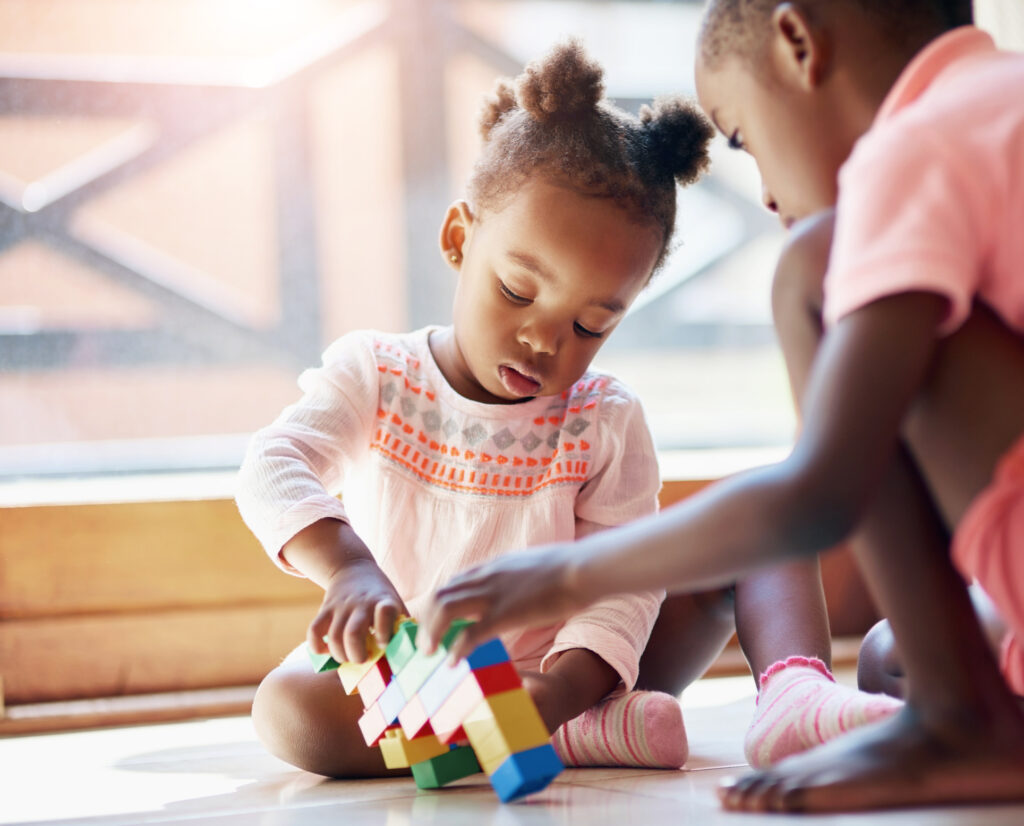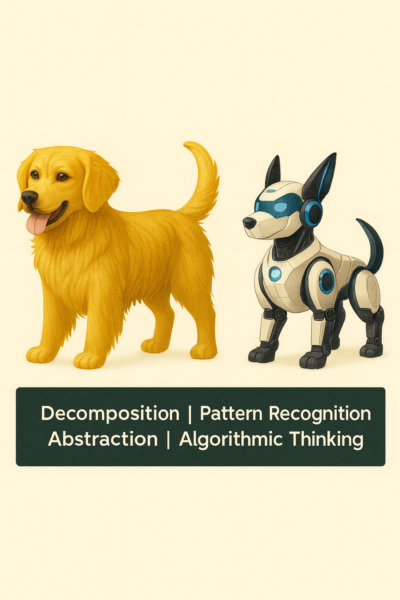The South African Schools Collection PR
The Life-Changing Power Of Play
The dictionary describes play as “an activity engaged in for enjoyment and recreation”. What the dictionary does not indicateis that within the action of play lies a treasure inherently associated with human development.
As mammals, play is in our DNA and is essential for our full development and survival. Watching a litter of kittens, we see how their playfulness – chasing, jumping on each other and crawling slowly to “attack” a ball of wool – helps them learn essential skills needed to survive, such as collaboration and hunting skills. This also holds true for human development.
Play is not merely an activity for enjoyment, but an instinctive need for active learning. And the best part is that it makes learning from birth fun and useful. Children learn through play, adolescents learn through play, and adults learn through play.
Evidence confirms that the acts associated with playing are essential for the development of a young child’s brain as they can change the chemistry and physiologyof the brain. Cognitive, language and social development are also enhanced during play and everyday interactions.
Playful activities provide children with lifelong skills
Studies have also shown that, in the long term, playful activities promote healthy lifestyles and keep our brains active. Play enhances our knowledge and skills incrementally, building on previous experiences and acquired knowledge.
A good example of this is that nearly all people owning a cellphone do not read the instruction manual, but rather learn through playing with its functions, drawing on the knowledge and experience gained on playing for the same reason with their previous mobile phones.
In the four letters that spell the word “play” lies a treasure trove of skills humans need to embrace fully to face the challenges of the 21st century and the fourth industrial revolution. The World Economic Forum’s Future of Jobs Report reminds us that the top skills needed in this century are creativity, problem-solving, analytical thinking, curiosity and lifelong learning, flexibility and agility, technology literacy, leadership and social influence, among others. All these skills are fostered through the simple power of play – proven by history and research.
Play is about imagination not toys
Play provides children the opportunity to develop the skills needed in our changing world from an early age. Through play, children decide and structure their own playful experiences, creating opportunities that allow them to learn. For example, a two year old who places three wooden blocks on top of each other learns concentration, spatial awareness, problem-solving, hand-eye co-ordination and perseverance, among other skills.
These skills cannot be taught through a textbook or a lesson – they require playful activities that develop life skills, including the foundations for mathematics and language. These skills continue to develop when, for example, a fifteen year old constructs a science project as part of their active learning.
It is important to remember that play is about opportunity and imagination, not about toys. We can learn from a four year old for whom an empty shoebox becomes a hat, a car, a house or a spaceship.
The dictionary is incomplete in its description of play because within those four letters lies the foundation of human development the ability to adapt, evolve and progress.





